Urinary tract infections (UTI) are a serious health problem affecting millions of people each year. Infections of the urinary tract are the second most common type of infection in the body.
What are the causes of UTI?
Normally, urine is sterile. It is usually free of bacteria, viruses and fungi but does contain fluids, salts and waste products. An infection occurs when tiny organisms, usually bacteria from the digestive tract, cling to the opening of the urethra and begin to multiply. The urethra is the tube that carries urine from the bladder to outside the body. Most infections arise from one type of bacteria, Escherichia coli (E. coli), which normally lives in the colon.
In many cases, bacteria first travel to the urethra. When bacteria multiply, an infection can occur. An infection limited to the urethra is called urethritis. If bacteria move to the bladder and multiply, a bladder infection, called cystitis will result. If the infection is not treated promptly, bacteria may then travel further up the ureters to multiply and infect the kidneys. A kidney infection is called pyelonephritis. Microorganisms called Chlamydia and Mycoplasma may also cause UTIs in both men and women, but these infections tend to remain limited to the urethra and reproductive system.
The urinary system is structured in a way that helps ward off infection. The ureters and bladder normally prevent urine from backing up toward the kidneys, and the flow of urine from the bladder helps wash bacteria out of the body. In men, the prostate gland produces secretions that slow bacterial growth. In both sexes, immune defenses also prevent infection. But despite these safeguards, infections still occur.
Who is at risk?
Some people are more prone to getting a UTI than others. Any abnormality of the urinary tract that obstructs the flow of urine (a kidney stone, for example) sets the stage for an infection. An enlarged prostate gland also can slow the flow of urine, thus raising the risk of infection.
A common source of infection is catheters, or tubes, placed in the urethra and bladder. A person who cannot void or who is unconscious or critically ill often needs a catheter that stays in place for a long time. Some people, especially the elderly or those with nervous system disorders who lose bladder control, may need a catheter for life. Bacteria on the catheter can infect the bladder, so it’s important to keep the catheter clean.
People with diabetes have a higher risk of a UTI because of changes in the immune system. Any other disorder that suppresses the immune system raises the risk of a urinary infection.
UTIs may occur in infants, both boys and girls, who are born with abnormalities of the urinary tract, which sometimes need to be corrected with surgery.
What are the symptoms of UTI?
Not everyone with a UTI has symptoms, but most people get at least some symptoms. These may include a frequent urge to urinate and a painful, burning feeling in the area of the bladder or urethra during urination. It is not unusual to feel general fatigue all over and to feel pain even when not urinating. Often women feel an uncomfortable pressure above the pubic bone, and some men experience a fullness in the rectum. It is common for a person with a urinary infection to complain that, despite the urge to urinate, only a small amount of urine is passed. The urine itself may look milky or cloudy, even reddish if blood is present. Normally, a UTI does not cause fever if it is in the bladder or urethra. A fever may mean that the infection has reached the kidneys. Other symptoms of a kidney infection include pain in the back or side below the ribs, nausea, or vomiting.
In children, symptoms of a urinary infection may be overlooked or attributed to another disorder. A UTI should be considered when a child or infant seems irritable, is not eating normally, has an unexplained fever that does not go away, has incontinence or loose bowels, or is not thriving. Unlike adults, children are more likely to have fever and no other symptoms.
How is a UTI treated?
UTIs are treated with antibacterial drugs. The choice of drug and length of treatment depend on the patient’s history and the urine tests that identify the offending bacteria. The sensitivity test is especially useful in helping the doctor select the most effective drug.
If you are experiencing symptoms of a urinary tract infection, consult with your doctor.
For more information, see related articles and urinary tract infection resources here:
- Urinary Tract Infection (UTI): Symptoms, Prevention and Care
- Webinar: Preventing and Managing Urinary Tract Infections in Seniors
- CAUTI Infographic: Catheter Associated Urinary Tract Infection
- Preventing Catheter Associated UTIs (CAUTI) Webinar Video/Slides
- Keeping Your Bladder Healthy
Source: National Kidney & Urologic Diseases Information Clearinghouse (NKUDIC)











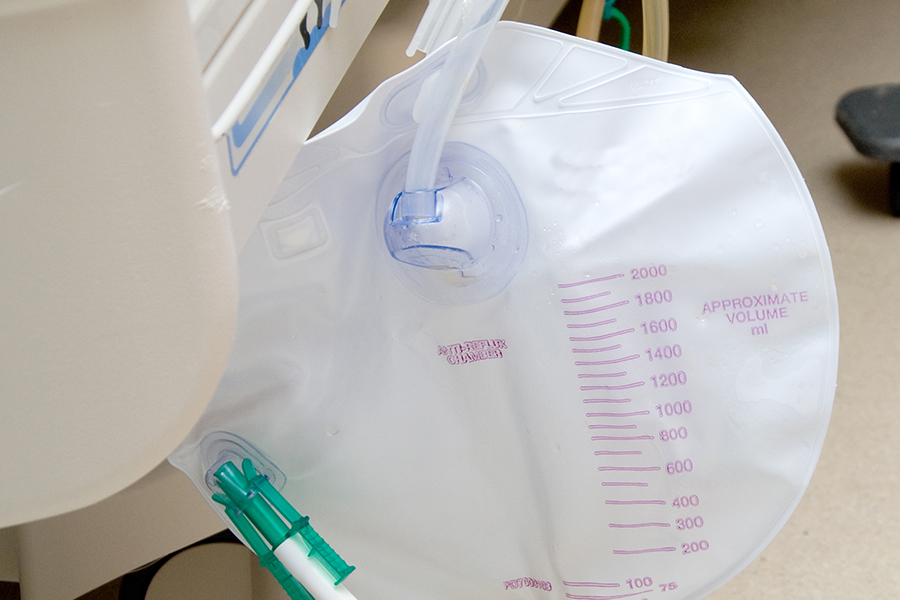
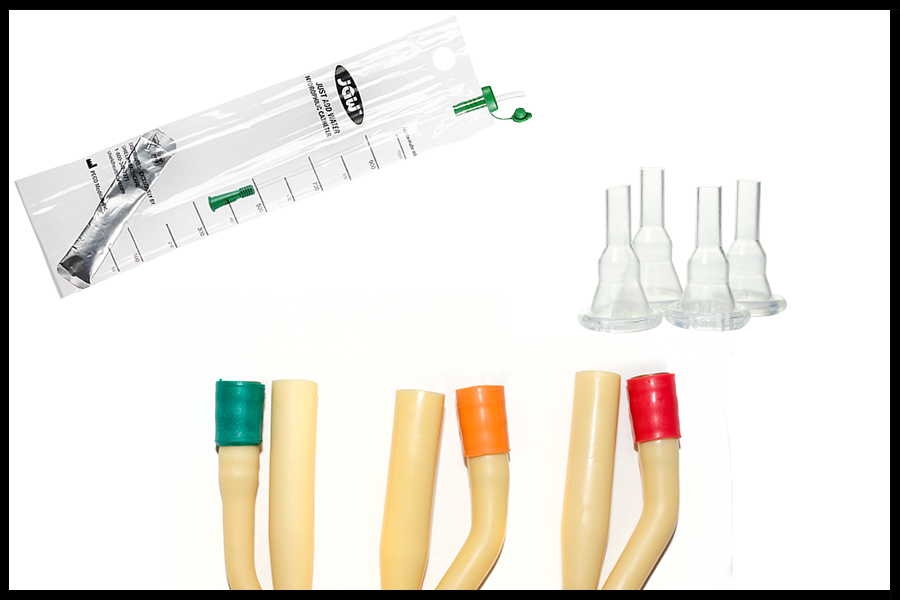


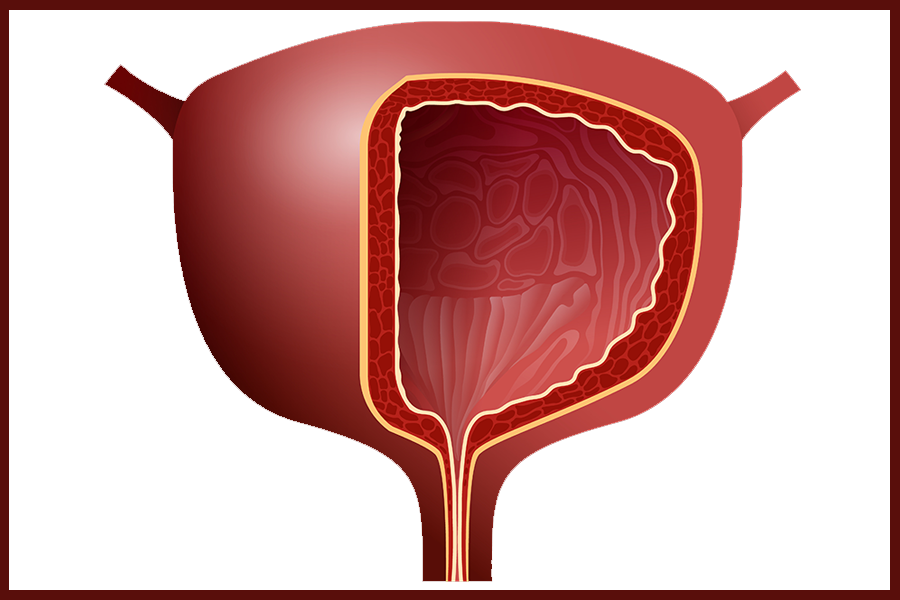

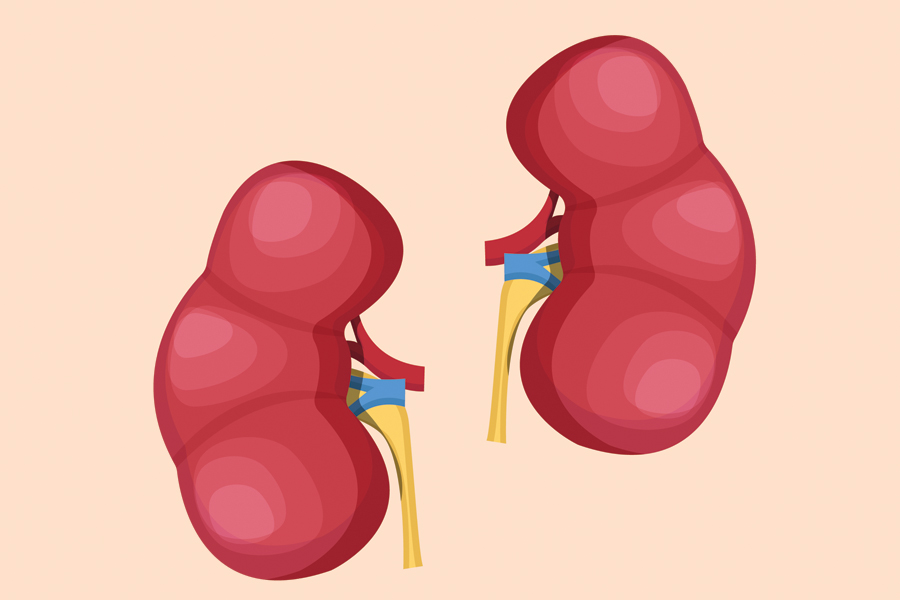

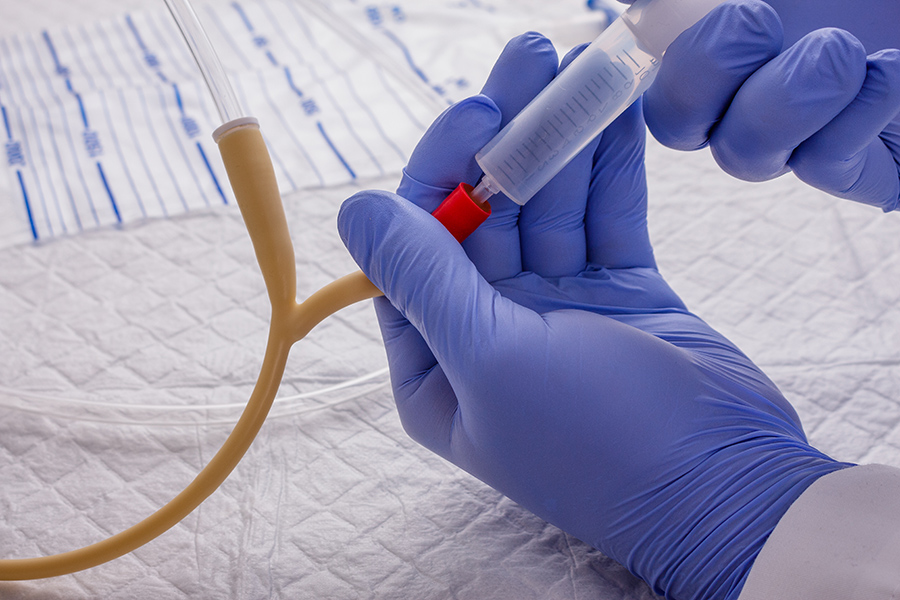

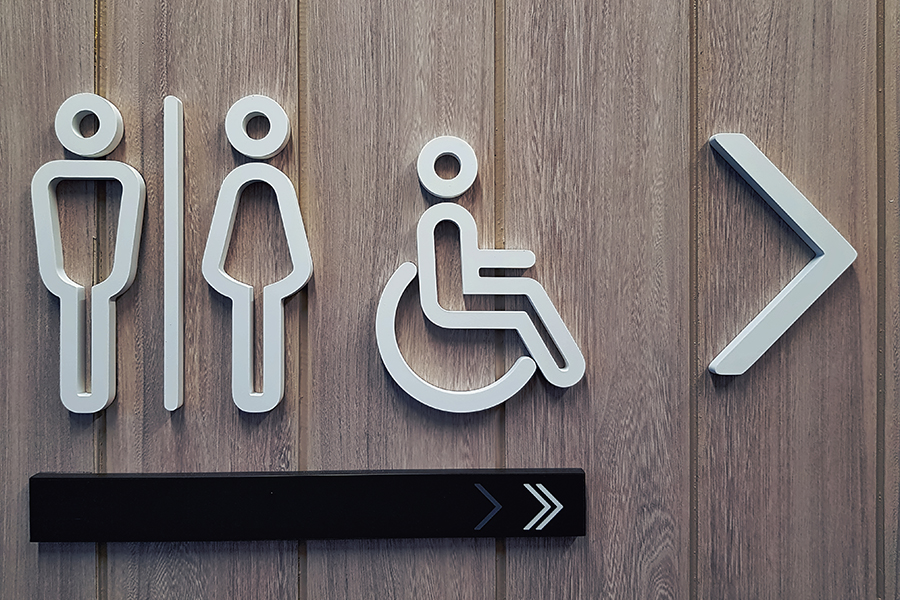
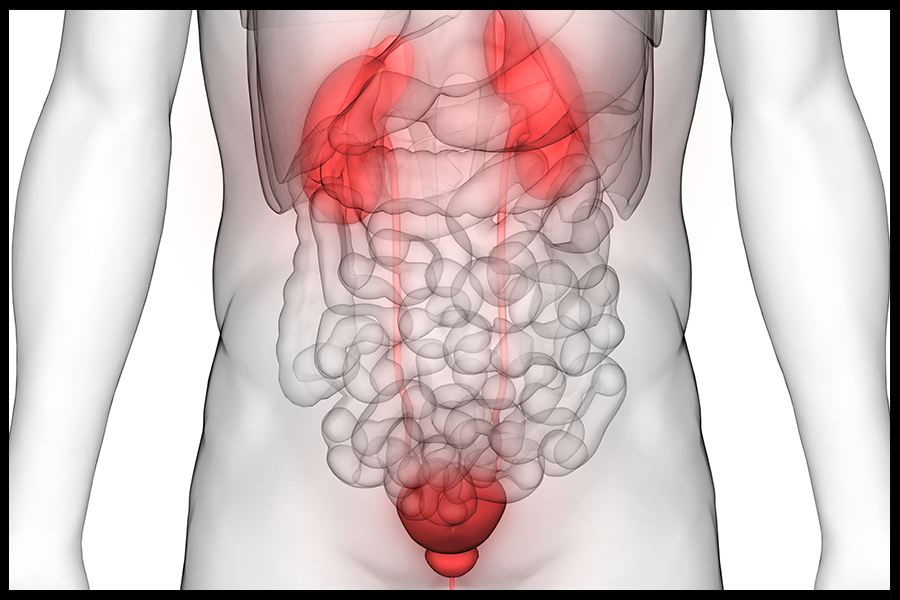
Which natural remedies can be of help … to treat UTI infection…. antibiotics have got to be very frustrating